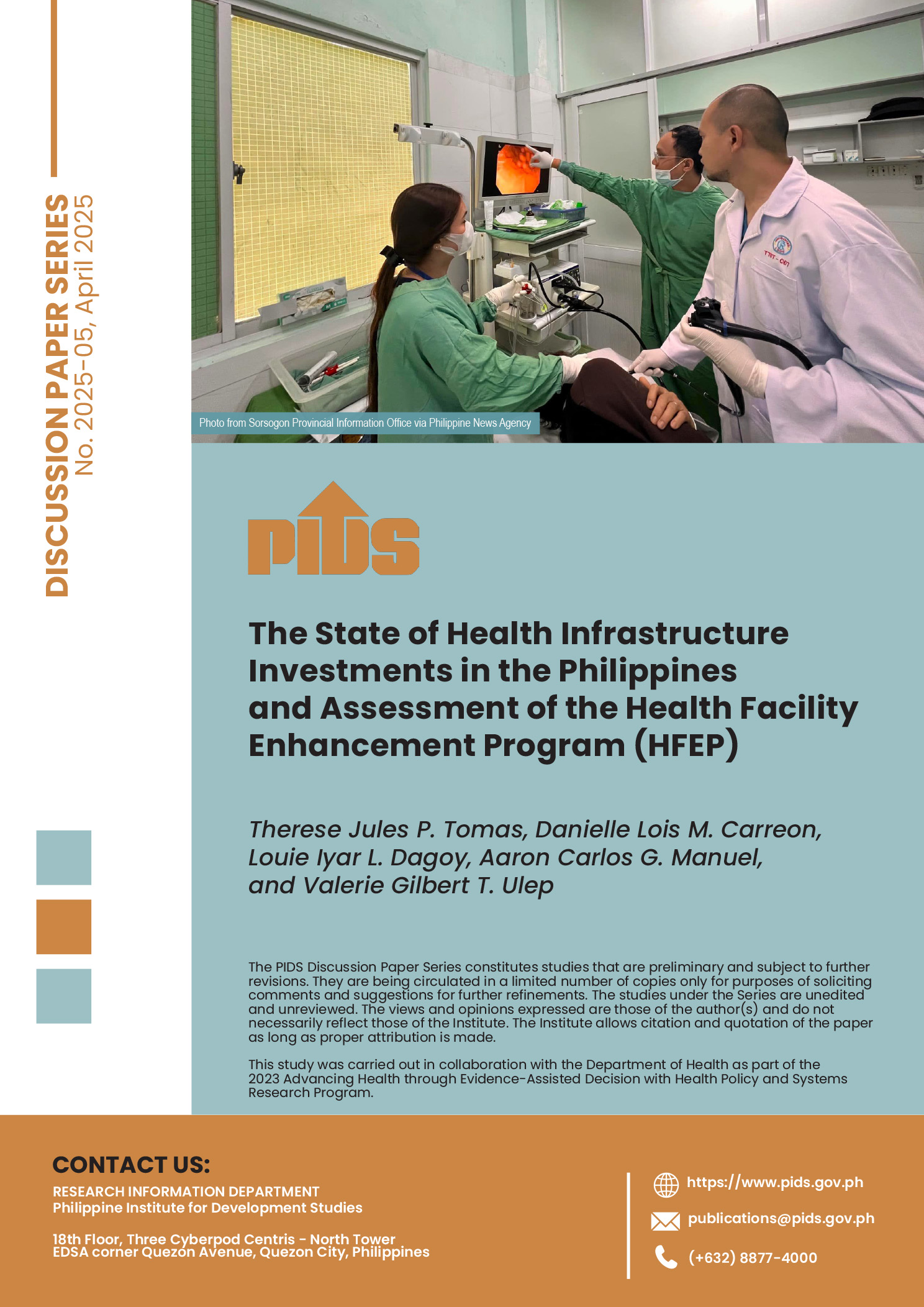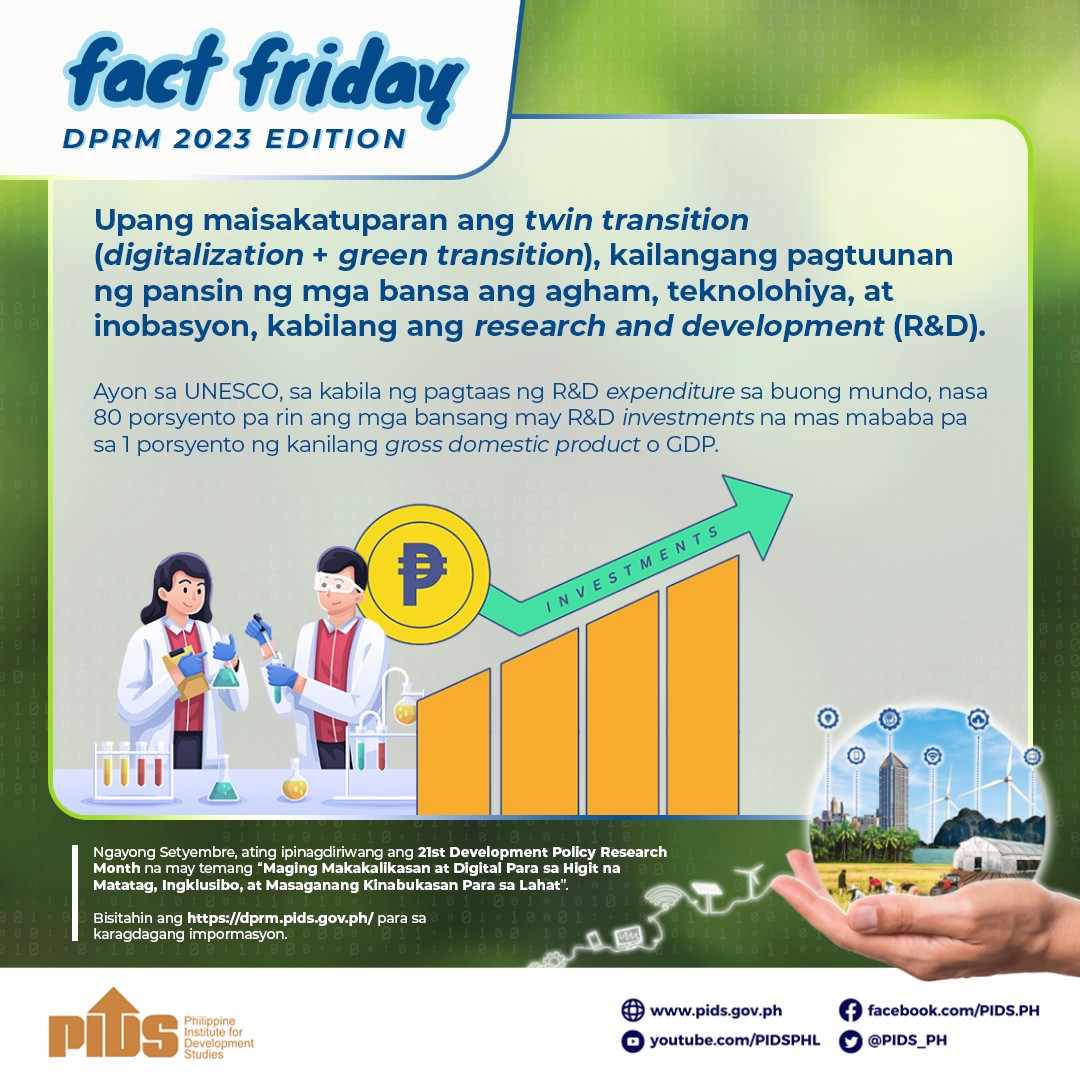MALNUTIRTION impairs the physical and mental development of children, affecting their quality of life and, eventually, productivity and participation in society. Addressing malnutrition is still a conundrum in the Philippines, despite the existence of blueprints like the Philippine Plan of Action for Nutrition.
These were highlighted in a recent webinar that featured the Philippine Institute Development Studies (PIDS) study, "Tracking Nutrition Investments: Proposed Nutrition Budget Tagging (NBT) Framework and Typology for the National Government Agencies in the Philippines," authored by Lyle Daryll Casas, Dr. Valerie Ulep and Joy Bagas.
The NBT framework uses five levels of markers that are used to tag nutrition expenditures, ranging from major intervention classification to specific interventions and markers for demographics and malnutrition risk factors.
The process involves preparing financial data, tagging expenditures using the framework, and analyzing the information to generate reports that guide decision-making.
Webinar discussant Alice Nkoroi, Nutrition Manager at the United Nations Children's Fund (Unicef), commended the framework's comprehensive coverage of the many complex and interrelated determinants of malnutrition.
Nkoroi also mentioned that the Unicef's country program for children is aligned with the Philippine Development Plan.
"Seeing this harmonization of nutrition resources tracking at the national and subnational level is a huge investment, so there may be a need to start small and gradually expand," Nkoroi said.












